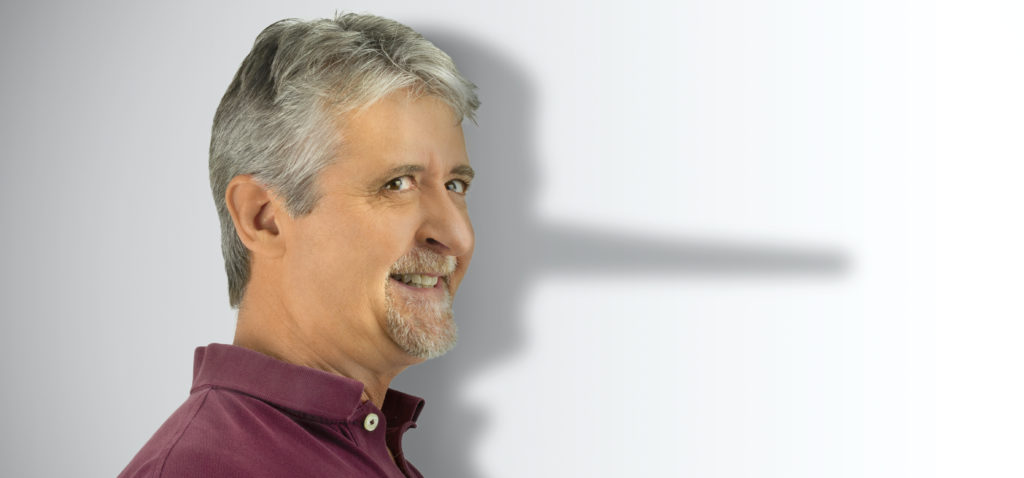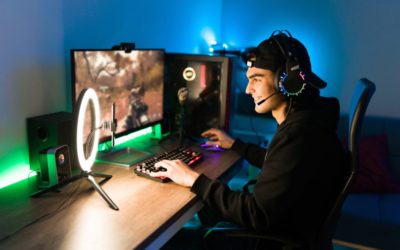Quick Hits
Daily brief research updates from the cognitive sciences

The one place that we can consistently catch people lying is in job interviews. And the question has long been how do you catch out these liars? The answer is you need to outsmart them.
But how?
Well lying uses cognitive resources. It is effortful because you have to construct an alternative narrative in your head and then keep this in your mind as you answer questions on this, or questions related to this. It is an effortful process. Therefore, if you can disrupt this process, you can uncover the liars.
Professor Aldert Vrij, from the Department of Psychology at the University of Portsmouth used this principle to design an experiment to outsmart liars. The way he did this is to give interview participants a cognitive task – this cognitive task means participants need to use cognitive resources and so this makes it much more difficult to tell a convincing lie and stick to this accurately.
The experiment had participants interviewed about societal topics, but they were instructed to either represent their own honest views or to lie about their views. They were also given time to prepare for this interview, giving them the ability to prepare elaborate and convincing lies. They were also incentivised by being entered into a prize draw. However, they were also given a 7-digit license plate number to remember. And some were told that if they failed to remember this, they would have an additional task of writing down their opinions after the interview.
What were the results?
They found that the additional cognitive tasks made the liars stories less plausible but, interestingly, only if this was considered important. This shows that if it is not considered important, they do not commit the cognitive resources to it, and so can lie more effectively.
So, to catch out liars you need to give them cognitive tasks that they will engage in, and this will inhibit their ability to construct plausible lies.
This can be done in interviews but may be a problem in every day life!●

Andy Habermacher
Andy is author of leading brains Review, Neuroleadership, and multiple other books. He has been intensively involved in writing and research into neuroleadership and is considered one of Europe’s leading experts. He is also a well-known public speaker speaking on the brain and human behaviour.
Andy is also a masters athlete (middle distance running) and competes regularly at international competitions (and holds a few national records in his age category).
Reference
Aldert Vrij, Haneen Deeb, Sharon Leal and Ronald P. Fisher.
The Effects of a Secondary Task on True and False Opinion Statement.
International Journal of Psychology & Behavior Analysis, 2022
DOI: 10.15344/2455-3867/2022/185
More Quick Hits
What is the Impact of Gaming on Teenage Mental Health?
Many parents might be worried that gaming will have negative impacts on their children’s mental health – not true. Or only for a small subset…
Why Children Learn More Quickly Than Adults
It might be obvious that kids learn quicker than adults – but this shows for the first time why.
Right, so artificial networks also need sleep!
We need sleep but we are biological entities – that artificial networks improve performance with sleep is pretty fascinating, and insightful.
Making Voting More Effective for Better Decisions
Most of the most important decisions made in business and society are the result of votes – but not all voting methods are equally effective…
We’re Bad at Remembering How Happy We Were
The past ain’t always better – according to this latest research at least…
100 Years of Research Reveal the Most Effective Methods for Learning
New technologies, new research? No, the old methods are the best, and it’s surprisingly simple.






